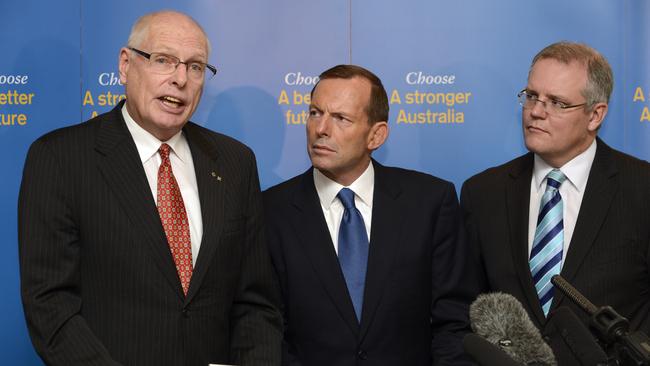
As a nation, he feared that we were sleepwalking through lotus-land instead of responding sensibly to Beijing’s drive for world domination, starting with taking Taiwan, a liberal democracy of nearly 25 million people, the consequences of which would make Putin’s war on Ukraine look like a storm in a teacup.
Rather than simply wind down with his family and enjoy his favourite pastimes after his cancer diagnosis two years ago, Jim set himself the task of completing Danger on our Doorstep, a modern version of While England Slept, which Winston Churchill published in 1938; only Jim’s is a comprehensive analysis of communist China’s growing military strength, America’s relative decline, and the precariousness of Australia’s position, rather than a mere collection of speeches, so is arguably the greater book.
Still, Churchill’s work was a key factor driving the Chamberlain government to ramp up aircraft production and the development of radar just in time to win the Battle of Britain. My hope is that Jim’s untimely death might shame our delinquent policy makers into responding to his book, which opens with a graphic account of a Chinese sneak attack on US forces throughout the western Pacific, including here, and concludes with a trade-paralysed and largely defenceless Australia descending into economic anarchy and forced into becoming a tributary state.
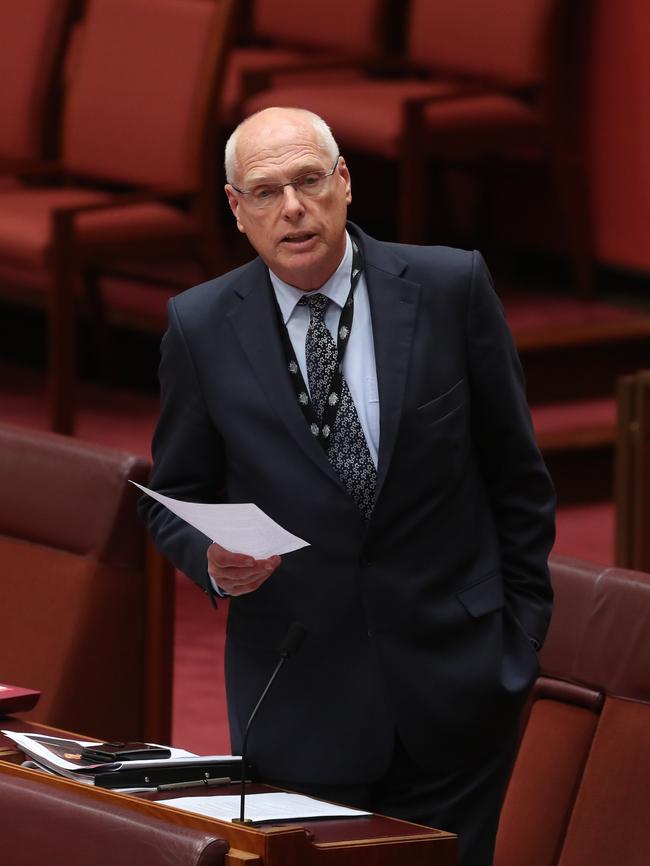
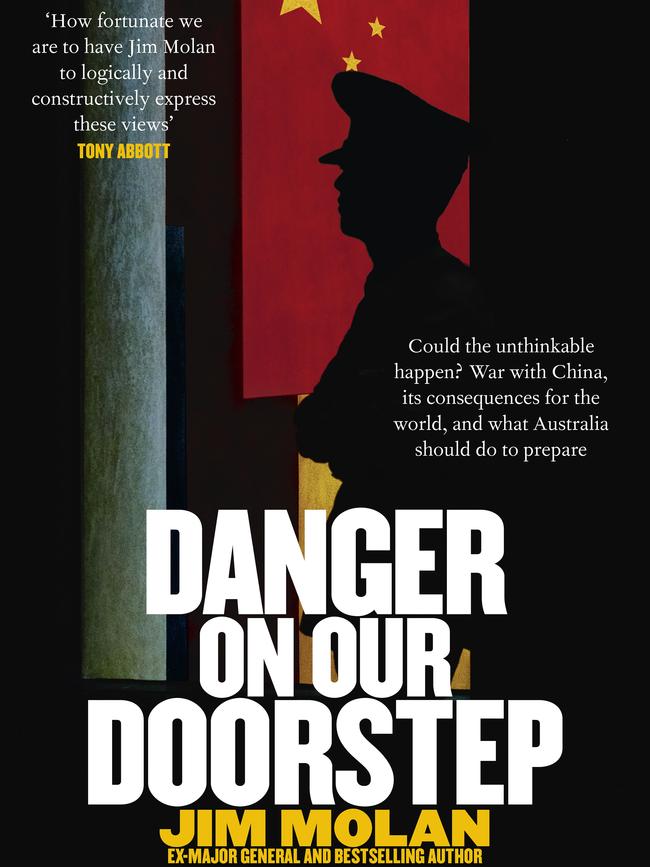
A test will come in a month or so when the government releases its force posture review into the military capabilities Australia needs in the short and long term and its final decision on the acquisition of nuclear-powered subs.
If there’s one thing I learnt as PM, it’s the decisions that governments take – or fail to take – now can determine their countries’ fate decades hence. For most of our national existence, Australians have focused on building a richer and fairer society and left concern about the wider world to our great and powerful friends. So far, it’s only let us down once: in World War II when an over-stretched Britain could not defend Singapore, despite committing four times as many troops to the campaign as we did.
Chastened, for a couple of decades afterwards Australia spent 3 per cent of GDP on defence. Yet with the fall of the Berlin Wall, the imagined triumph of liberal capitalism, and the supposed end of history, defence spending again dropped towards just 1.6 per cent of GDP, barely enough to cover niche deployments in “wars of choice” to support our great American ally. What’s more, globalisation and “just-in-time” business practices have hollowed out our industrial base, all but eliminated our merchant shipping, and jeopardising our energy security with less than 30 days’ oil supply onshore, even though life as we know it would be impossible without transport fuel, and commercial tanker traffic would cease once any shooting started.
As Molan warns, wishful thinking about American invincibility is now as fanciful as assumptions about China’s likely evolution into a peaceful democracy. He writes: “War is not inevitable but whether it occurs or not is likely to depend on the strength and resolve of the US and its allies, including Australia. This question of likelihood must not be dismissed by the false hope that war is so appalling it could never occur or the possibility is small enough to be ignored. We need a strategy based on the real world and not on how we hope the world is.”
Tellingly, when Molan recently asked government ministers about the kind of war our defence forces were preparing to fight, there was no answer. To his credit, Molan does not spare his own side’s contribution to this culpable complacency. “Governments of all political persuasions,” he writes, are guilty of a “moral failure of the highest order to expect that the spirit and blood of the nation will act as a substitute for proper preparations to face evil in this world.”
Like Molan, I am convinced that the only way to avoid a Chinese attack on Taiwan is to make its cost unacceptable to Beijing. And like Molan, I think that this means sufficient military readiness to ensure that any war prompted by an attack on Taiwan can be won. Also like Molan, I think that abandoning to communism the free people of Taiwan is less likely to avoid war than to make an eventual one worse.
Do we have enough ships and planes and missiles, plus the trained reserves, to make a proportionate contribution to defending Taiwan – or indeed to defending Australia should America decide that the global protection of democracy is a burden it will no longer carry? What must we do to maintain our energy and industrial security in a more perilous world? Are we secure against the cyber attacks that would inevitably precede any hostilities? Then there are the critical questions that Molan says need to be resolved with the US: will a Taiwan assault have a slow build-up of tension or be a surprise attack? When might it occur? Will Taiwan and US bases be attacked simultaneously or just Taiwan initially? (And) what would a coalition expect of Japan, South Korea and India? As Molan says, it’s better to ask these questions now than on the day after war has broken out because the only thing worse than war is defeat.
Molan is one of the very few strategic insiders who’ve had the guts and honesty to think out loud what every strategist must privately ponder. Let’s hope that his death might finally prompt our leaders to take us into their confidence about the risks we face.
Tony Abbott was the 28th prime minister of Australia, 2013-15.


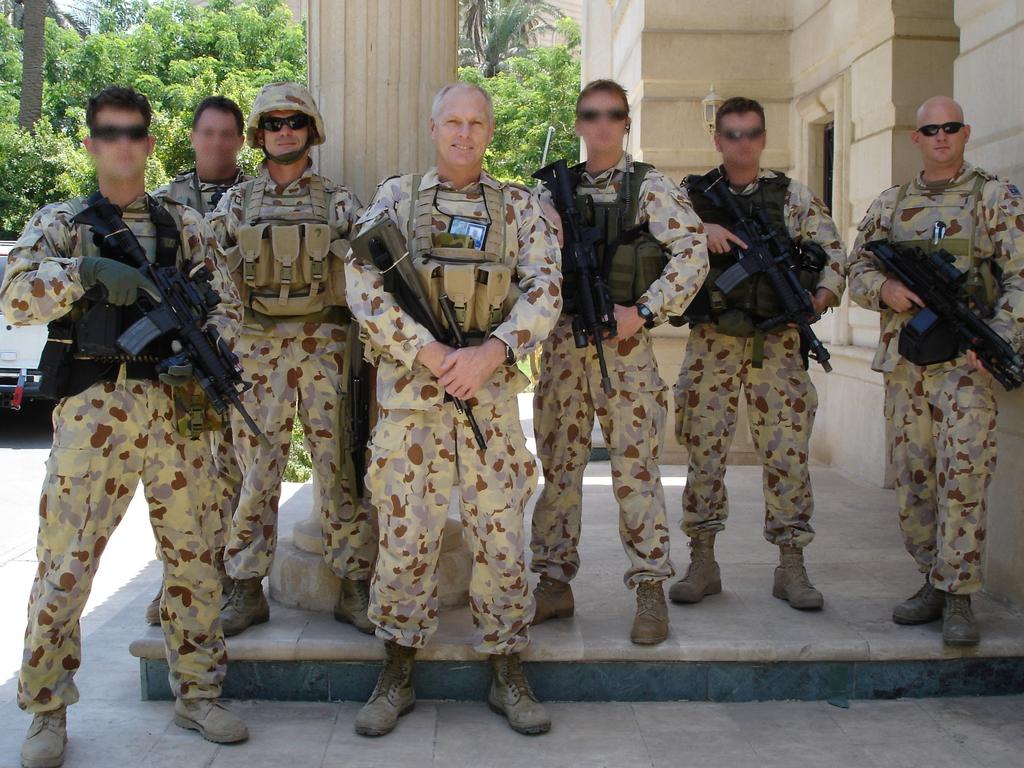
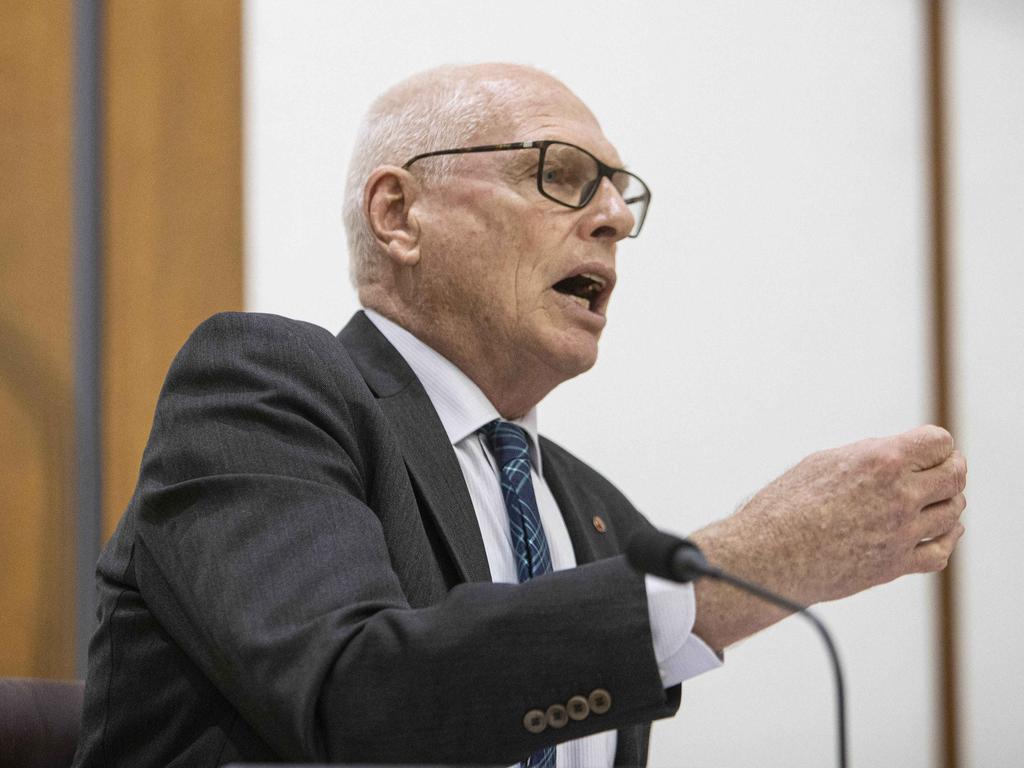
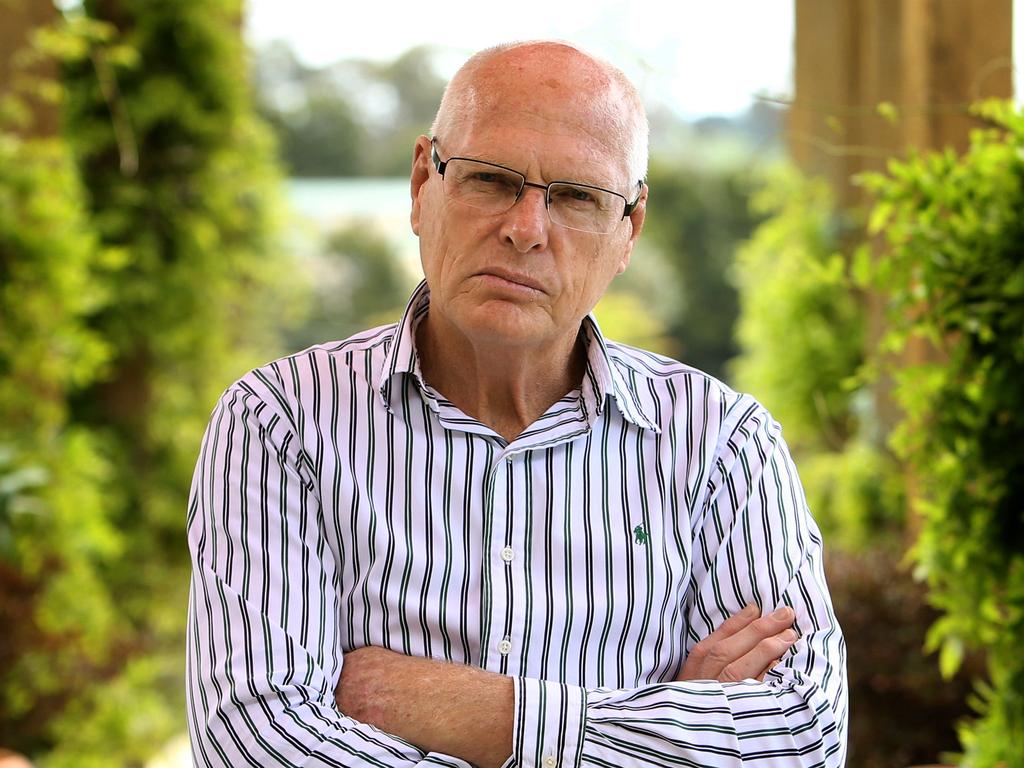


The best way to honour the dead is less to elaborate on their human decency than to take seriously the causes that mattered to them. Of course, it was hard to find a better man than the late senator Jim Molan who was utterly dedicated to his family and to his country – as most people are. We might even inadvertently demean him by dwelling on his many personal qualities rather than facing up to the urgent national challenge he posed: namely, finally to get real about our strategic vulnerability.